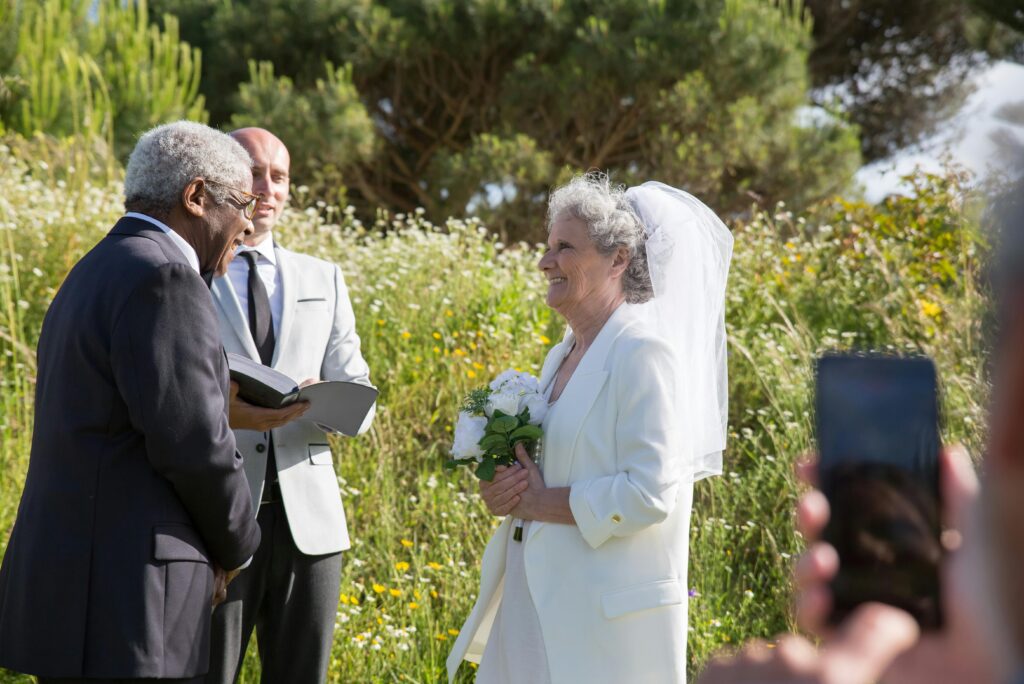
After creating an estate plan – whether a will or a trust – clients often ask, “When should I update my estate plan?” The simple answer is–whenever necessary! Three things in life are certain: death, taxes and change. In this post, I will focus on change. There are numerous occasions that would necessitate updating your estate plan, here are some of the most common situations:

Marriage or Divorce
Your spouse has certain rights to a share of your assets at your death. Failing to account for a spouse in your estate plan, or failing to update it when you separate from your spouse can lead to complications. A majority of people name their spouse as an executor, agent under a power of attorney, or successor trustee. If you are newly married, you may want to add your spouse as a representative or a beneficiary. If you are divorced, you may need to appoint new representatives and/or beneficiaries.
Death of a spouse or child
If you named your spouse as a representative or a beneficiary, you will need to update your estate plan when they die. Most people name their children as beneficiaries, thus, if a child predeceases you, who will receive their share of your estate? It could be a surviving spouse or a minor child. You will want to be clear about what happens to the deceased child’s share, and may need to make special arrangements regarding how that share is distributed.
Birth or adoption of child
Under the law, all of your children are eligible to inherit from your estate. I recently handled a probate matter for a family where the decedent failed to name an estranged son in his estate plan. Even though he had not seen his father in twenty-five years, the son challenged the will in the probate court. Will challenges are time consuming, emotionally draining and very, very expensive. Therefore, it is imperative that your estate plan acknowledges all of your living children–natural or adopted. If you choose not to leave anything to a particular child, you should state so specifically in your will or trust. Failure to do so could result in the omitted child challenging your estate.
 Child or grandchild turns 18
Child or grandchild turns 18
When naming minors in an estate plan, their inheritance will not be distributed to them until they reach the age of majority, which is generally 18. However, often it is not wise to bestow a large inheritance on someone so young. Consider adding terms such as increased minimum age for distributions to ensure your beneficiaries are mature enough to handle their inheritance wisely.
Beneficiaries with special needs or supplemental needs
If a beneficiary becomes disabled and relies (or will rely) on SSI or Medicaid, you will need to add special needs planning to your estate plan. This will ensure the beneficiary will receive the benefit of their inheritance without losing government benefits.
You acquire new assets
When you acquire Real estate, open new banking or investment accounts, or other types of assets, be sure the new assets are being accounted for appropriately in your estate plan and/or properly transferred into your trust. This not only makes sure that your new assets are accounted for, but it also allows the assets to avoid probate related issues.
You Start or close a business
If you are starting a business, you must think about business succession. That is, what will happen to your business when you are no longer here to run it. Great news, these provisions can be built into your estate plan! If you are closing your business, you need to be sure that you update your will and/or trust
Update Fiduciary death or need to change
There are several reasons you might need to update your Representatives, such as: a representative passes away, declines to act as a representative, or perhaps you just change your mind about who you want to leave in charge.
Illness of spouse or to yourself
If you or your spouse become ill, you will want to revisit your estate documents, particularly your financial and health care powers of attorney
 You have Pets
You have Pets
If you have pets, particularly those that are expensive and difficult to care for (like a horse) or a pet with a long life expectancy (like a parrot), you should consider creating a pet trust. This trust will name someone to care for your pet when you are gone and will set aside funds for their care
You Change your mind about beneficiaries
You may just change your mind about who or how much you want a beneficiary to receive from your estate.
Move to a new state
Though wills and trusts are generally valid in all states, it is important to update these documents to reflect the law of the state in which you reside. Also, some states have statutory powers of attorney, some states powers of attorney and living wills are not valid
Changes in the law
There are several types of taxes you should consider when creating an estate plan, including estate tax (death tax), capital gains tax, and gift tax. The rates and exemptions often change, so it is prudent to review your plan yearly to ensure your plan is still working for you.
Working with an experienced estate planning attorney in Rhode Island can help!
In summary, there are many life events that trigger the need to update your estate plan. An experienced estate planning attorney will advise you about when and how to make appropriate changes to your estate plan. Click below to book an appointment with estate planning attorney Jill M. Santiago.




